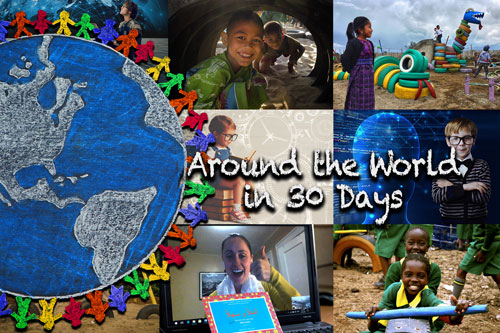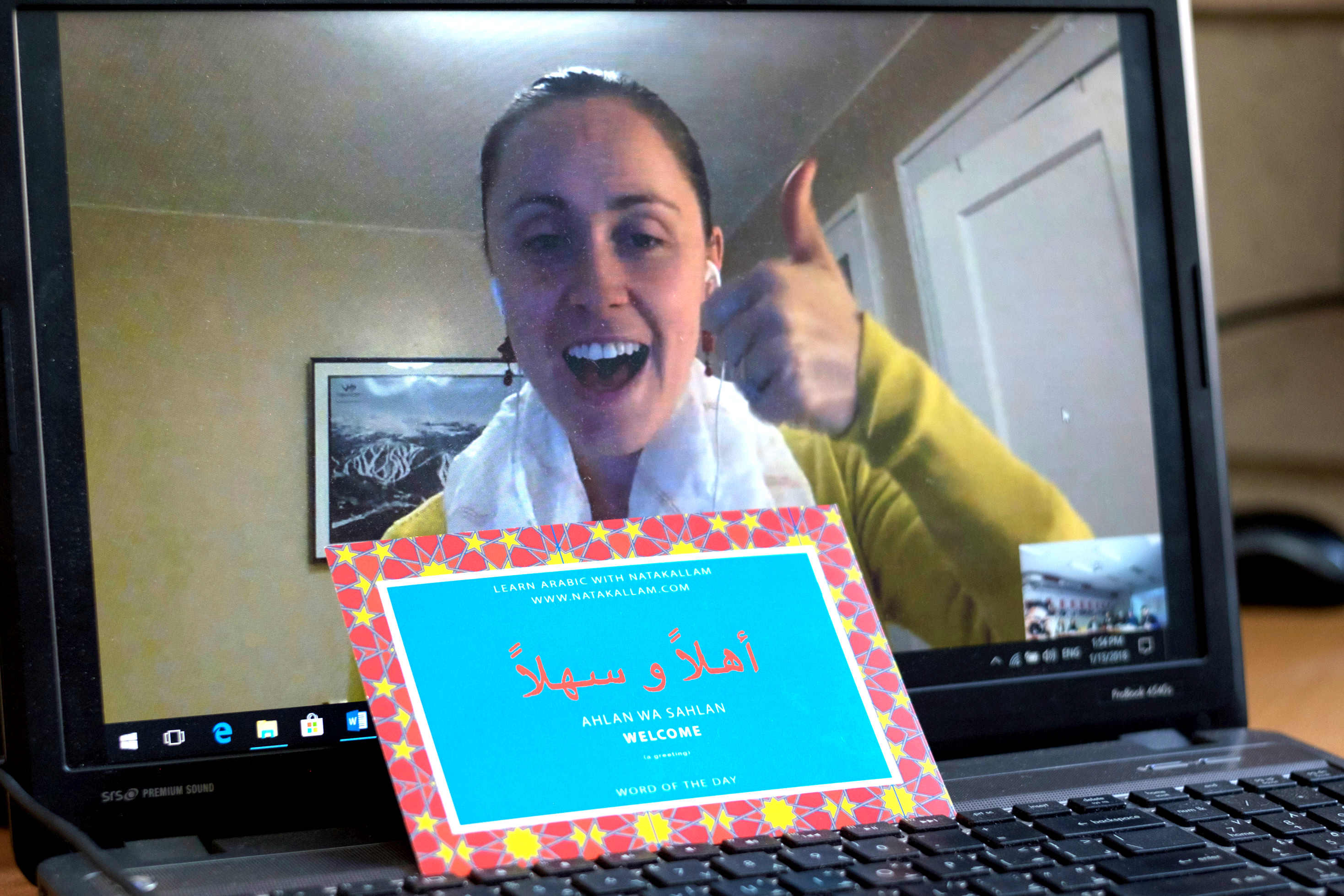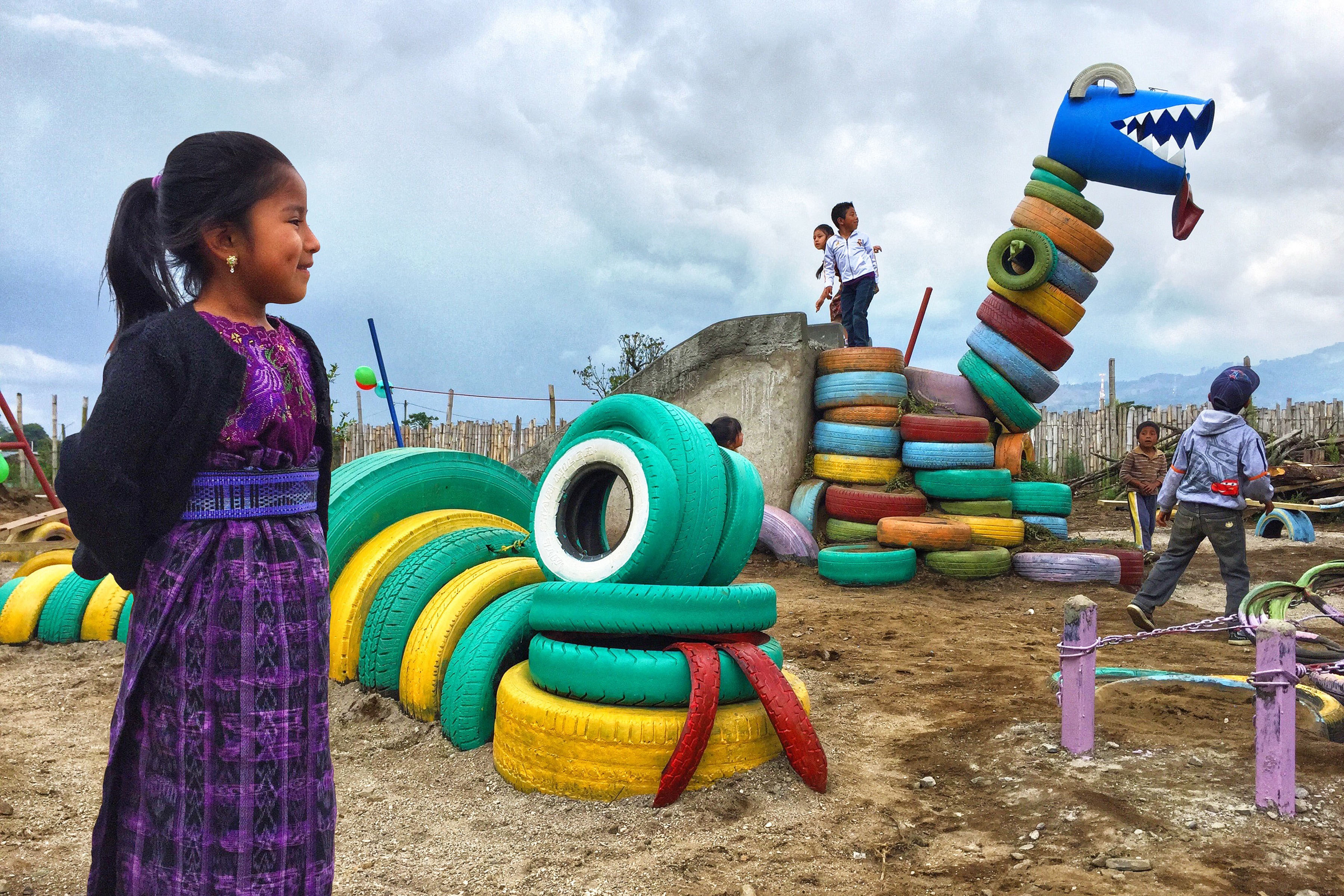C. M. Rubin’s Global Education Report
In nearly every industry, smart machines have edged their way into our lives. Whether their longer term impact will be beneficial to our lives or whether their impact will shatter our lives, we can be pretty sure that we are dealing with an intelligence that is radically different. If we are to flourish as a species based on what we know now of the Superintelligence still in development, we’re going to need a good dose of humility and great deal of preparation. What can our education systems do now? Swedish philosopher Nick Bostrom, Professor at Oxford University and a founding Director of the Future of Humanity Institute, joined The Global Search for Education the impact of AI in the future of education.
The research that’s been done on the importance of play is extensive. From the American Academy of Pediatrics, which recommends play as “essential to development because it contributes to the cognitive, physical, social, and emotional well-being of children,” to the UN’s High Commission for Human Rights, which asserts that play is the right of every child because of its importance to optimal child development, having a safe place to play is acknowledged as an essential need. What happens when you’re very poor and a safe place to play is not an option? Since 2007, Marcus Veerman, the Founder of Playground Ideas, has provided aid and inspiration and helped to build nearly 1,900 playgrounds globally, changing the lives of over 350,000 children. This month he tells The Global Search for Education how he does it and why it’s so important.
According to CNN, as of April 2018 more than 5.6 million have fled Syria, and according to the UN High Commissioner for Refugees, more than 6 million people are displaced internally. Many of these refugees are educated and experienced individuals. However, they face unemployment and lack of direction as they resettle in a completely foreign environment. Without financial stability, they struggle to support their families and improve their livelihood.
Aline Sara is the Founder of NaTakallam, an organization which connects displaced Syrian and Iraqi people with language learners around the world for online Arabic lessons. On the surface, this teaching support system provides Arabic language learners the opportunity to practice their Arabic at an affordable price. In return, their refugee teachers can earn much needed income. However, as we discovered in our interview with Aline Sara, during the online language lessons there is other intercultural learning taking place.
The time students spend in school varies considerably around the world. In addition, so do the different ways in which that time is spent. How much time is enough time is also one of the most debated topics in education systems globally. This month, we asked our top global teachers to weigh in. How much time should K-12 students spend at school during a calendar year? Our top global teachers share perspectives from their nations.
Our thanks to all our contributors and supporters around the world.
Join me and globally renowned thought leaders including Sir Michael Barber (UK), Dr. Michael Block (U.S.), Dr. Leon Botstein (U.S.), Professor Clay Christensen (U.S.), Dr. Linda Darling-Hammond (U.S.), Dr. MadhavChavan (India), Charles Fadel (U.S.), Professor Michael Fullan (Canada), Professor Howard Gardner (U.S.), Professor Andy Hargreaves (U.S.), Professor Yvonne Hellman (The Netherlands), Professor Kristin Helstad (Norway), Jean Hendrickson (U.S.), Professor Rose Hipkins (New Zealand), Professor Cornelia Hoogland (Canada), Honourable Jeff Johnson (Canada), Mme. Chantal Kaufmann (Belgium), Dr. EijaKauppinen (Finland), State Secretary TapioKosunen (Finland), Professor Dominique Lafontaine (Belgium), Professor Hugh Lauder (UK), Lord Ken Macdonald (UK), Professor Geoff Masters (Australia), Professor Barry McGaw (Australia), Shiv Nadar (India), Professor R. Natarajan (India), Dr. Pak Tee Ng (Singapore), Dr. Denise Pope (US), Sridhar Rajagopalan (India), Dr. Diane Ravitch (U.S.), Richard Wilson Riley (U.S.), Sir Ken Robinson (UK), Professor Pasi Sahlberg (Finland), Professor Manabu Sato (Japan), Andreas Schleicher (PISA, OECD), Dr. Anthony Seldon (UK), Dr. David Shaffer (U.S.), Dr. Kirsten Sivesind (Norway), Chancellor Stephen Spahn (U.S.), Yves Theze (LyceeFrancais U.S.), Professor Charles Ungerleider (Canada), Professor Tony Wagner (U.S.), Sir David Watson (UK), Professor Dylan Wiliam (UK), Dr. Mark Wormald (UK), Professor Theo Wubbels (The Netherlands), Professor Michael Young (UK), and Professor Minxuan Zhang (China) as they explore the big picture education questions that all nations face today.
The Global Search for Education Community Page
C. M. Rubin is the author of two widely read online series for which she received a 2011 Upton Sinclair award, “The Global Search for Education” and “How Will We Read?” She is also the author of three bestselling books, includingThe Real Alice in Wonderland, is the publisher of CMRubinWorld and is a Disruptor Foundation Fellow.
Follow C. M. Rubin on Twitter: www.twitter.com/@cmrubinworld






Recent Comments